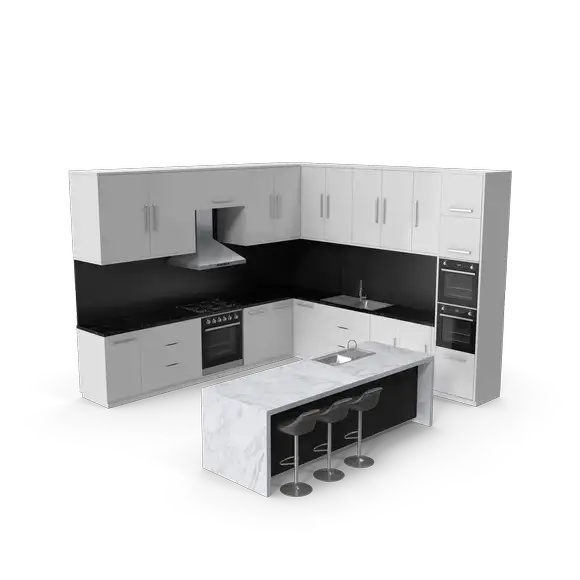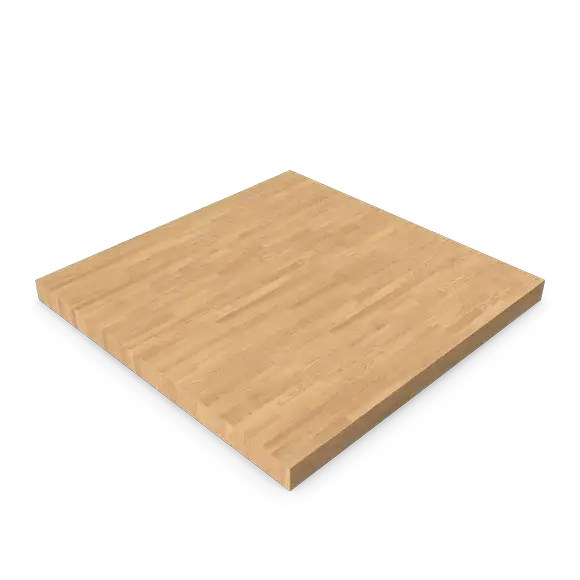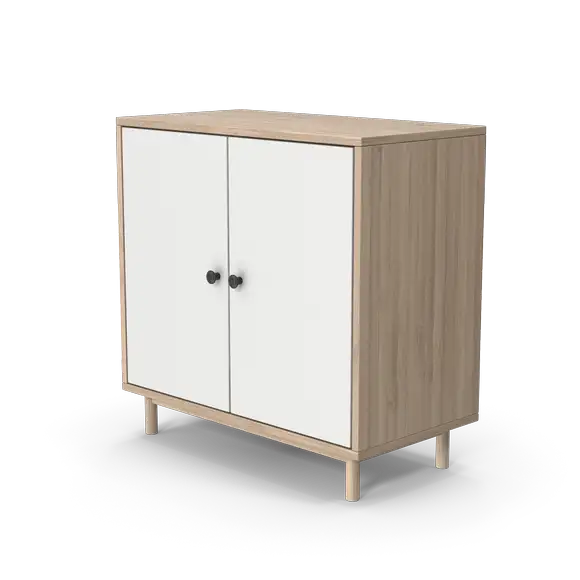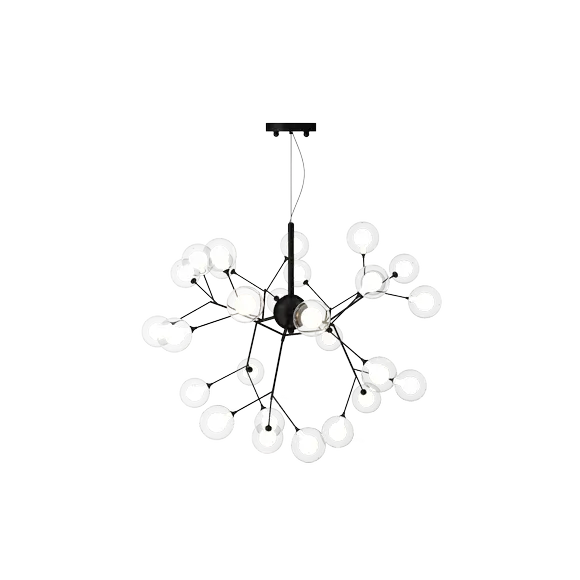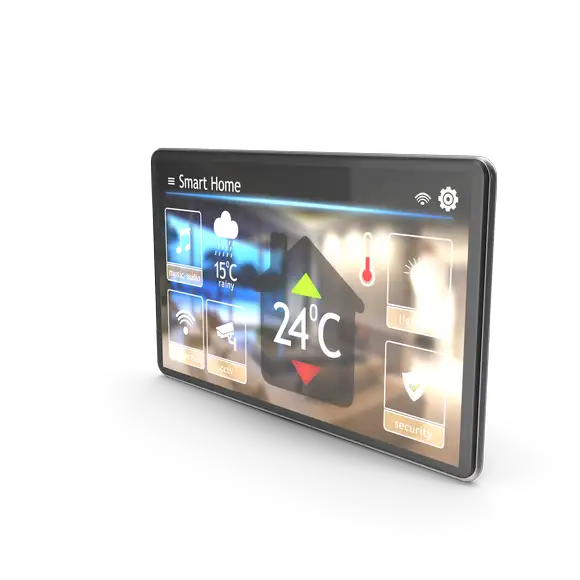What is an Ionic Air Purifier?
An ionic air purifier is a type of air cleaning device that utilizes electrical charges to purify the air. It generates ions—charged particles—that attach to airborne contaminants like dust, pollen, mold spores, and smoke particles. These charged particles then either clump together and settle out of the air or are attracted to surfaces like walls or floors, effectively removing them from the air you breathe.
How Does an Ionic Air Purifier Work?
The core mechanism of an ionic air purifier involves the emission of a cloud of charged ions into the air. These ions attach to particles in the air due to their charge. There are two primary types of ionic air purifiers:
- Electrostatic precipitators: Capture particles on collector plates after charging them.
- Ion generators: Release ions into the air, causing pollutants to stick to surfaces around the home.
Key Benefits of Using an Ionic Air Purifier
- Allergen Reduction: Highly effective at capturing small particles such as pollen, pet dander, and dust mites, which are common allergens that can affect health.
- Smoke and Odor Removal: Efficient at reducing smoke and odors from the air, making them ideal for use in homes with smokers or in kitchen environments.
- Low Maintenance: Unlike traditional air purifiers that require regular replacement of filters, ionic air purifiers often need less frequent maintenance.
- Energy Efficiency: Typically consume less power compared to HEPA air purifiers, contributing to lower electricity bills.
Considerations Before Purchasing an Ionic Air Purifier
- Ozone Production: Some ionic air purifiers may produce ozone, a harmful lung irritant that can exacerbate asthma and other respiratory conditions.
- Effectiveness: While effective at removing various pollutants, they may not be as efficient as HEPA filters in capturing larger particles.
- Placement: Proper placement is crucial to maximize effectiveness and minimize unwanted deposition of particles on household surfaces.

